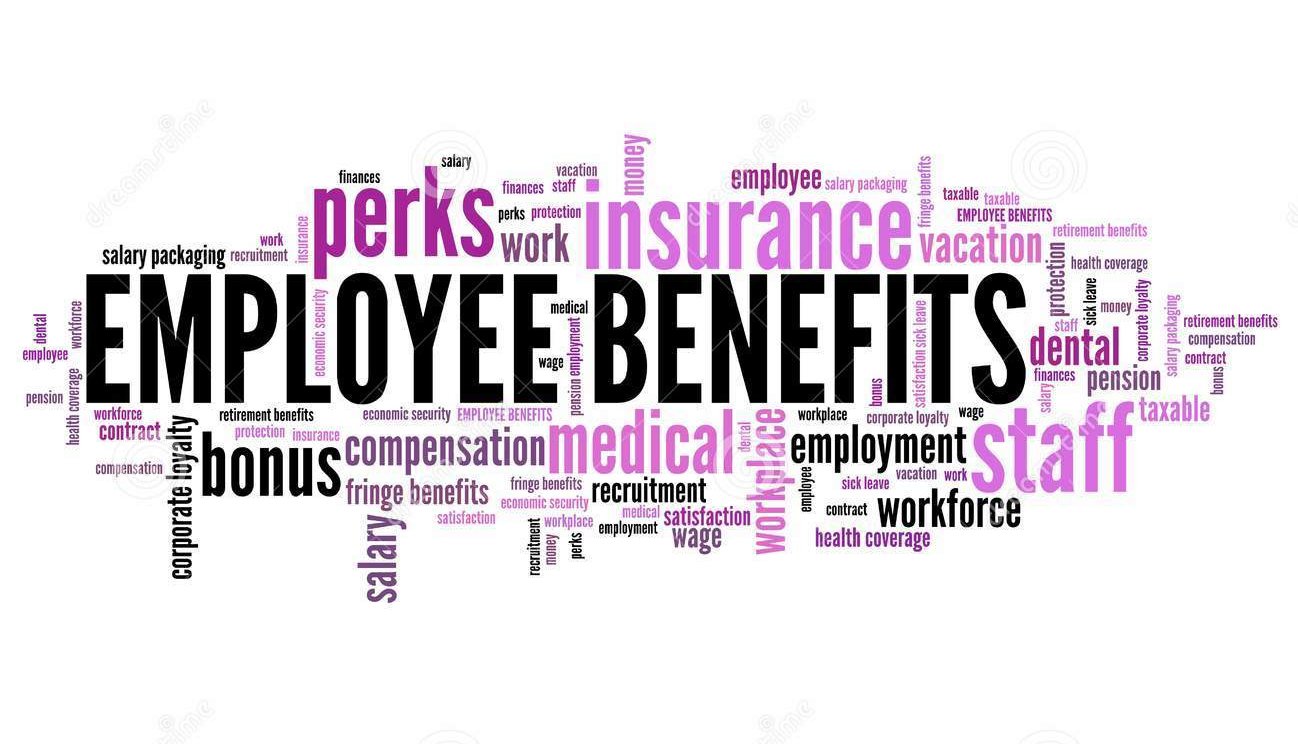I mentioned there are tax advantages to obtaining medical, dental and certain other benefits through an employer rather than acquire them on outside on your own. Certain benefit plans acquired through an employer can be paid with pre-tax payroll deductions. But in order to allow the pre-taxing of these premiums, the IRS code says an employer MUST adopt the Premium Only Plan often referred to as a POP plan. If the employer does not adopt a POP plan, those employee premiums CANNOT be pre-tax. If your company is taking the employee deductions pre-tax and you haven’t adopted a 125 POP plan, make sure you don’t get audited. Disallowing that deduction can be very expensive.
What does that mean?
Suppose the premium is $350 a month for the medical plan. If the employer pays 50% of the $350 or $175, the Employer contribution is NOT income to the employee.
The balance of $175 paid by the employee can be a pre-tax payroll deduction if the employer has adopted a 125 POP plan.
If the employee portion or you don’t offer medical plan and the employee purchased individual medical, for the same $350, with FICA being 7.5% and assume a 25% state and federal income tax rate, the effective after tax cost to the employee is $350 X 32.5% = $113 Plus the $350 = a gross after tax cost of $463.75.
Plus the employer is also paying half the FICA so there is a hidden cost of another $26.25 a month making the total cost for the $350 premium to be $463.75 + $26.25 = $490 a month. Over 12 months that is an unnecessary extra cost of $140/month X 12 = $1,680.
If the medical plan was a group plan, the pre-tax cost is $350. No one pays taxes or FICA on that $350.
How to adopt a Sec 125 POP Plan?
I recommend working with a Third Party company that specializes in providing such plans. There are documents to sign and some administration to be done annually. We have a number of local companies that work closely with our clients.
Also available in the Section 125 laws are additional things that can be added such as:
- Flex Contributions allowing the employee to put additional money aside to cover certain qualified expenses with pre-tax money such as deductibles on medical or dental & vision costs
- Dependent care – if you have dependents that are financially dependent on you such as children or even parents, you can set aside pre-tax dollars to cover certain expenses


